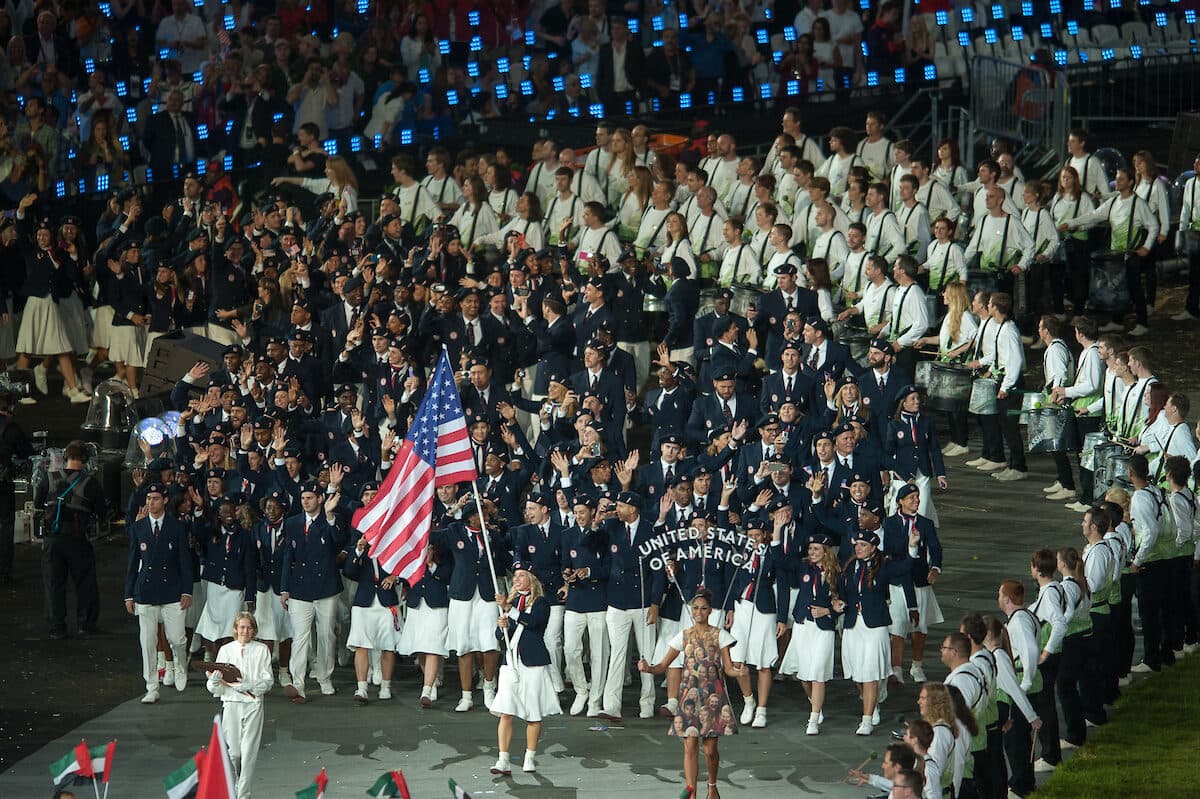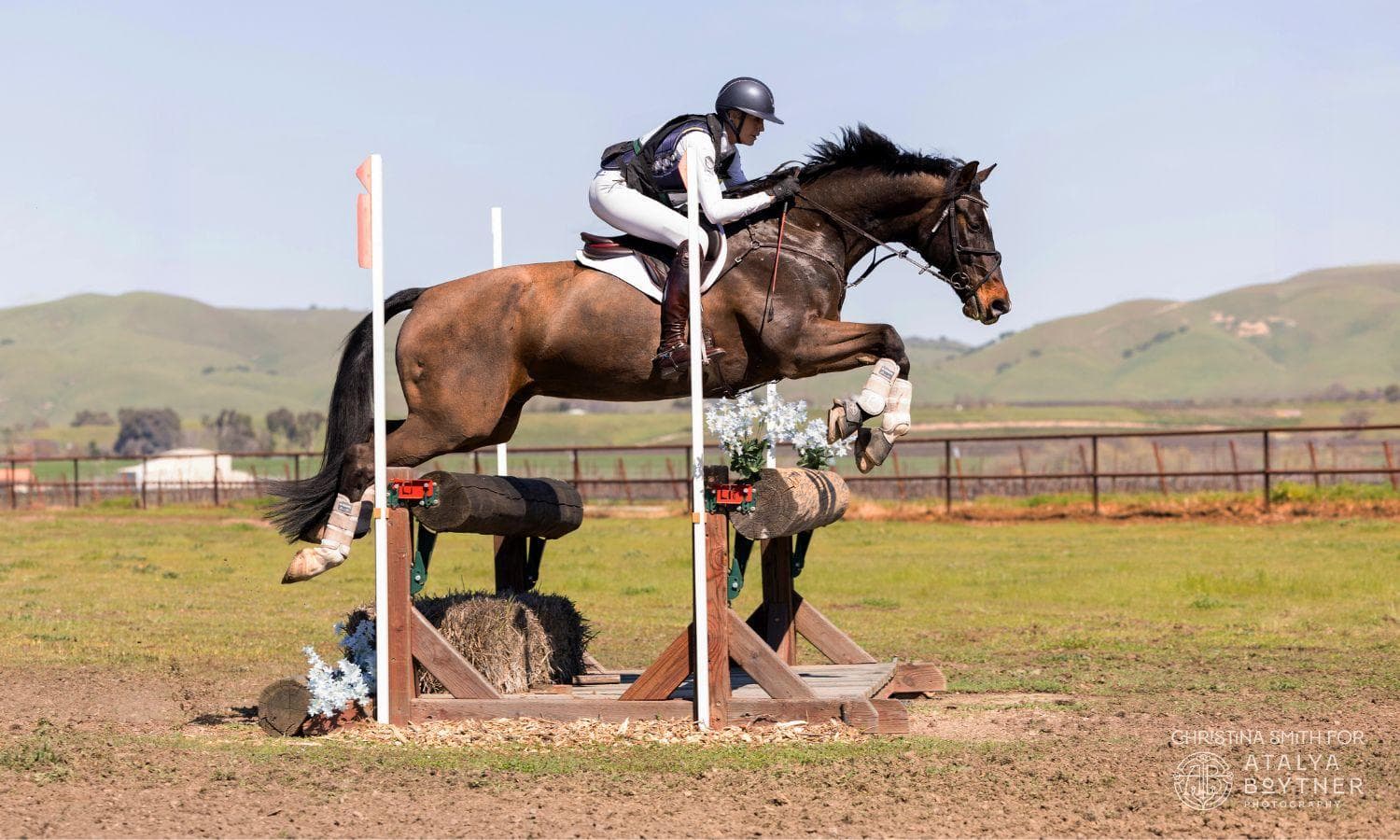Increased Human Testing at FEI Competitions: WADA and TUE What Does It All Mean?

This year the governing body of equestrian sports, the Fédération Equestre Internationale (FEI), is going to increase testing of the human athletes in preparation for the 2018 FEI World Equestrian Games in Tryon, North Carolina. While the well-being of the horses is always top priority, and it is well established what a controlled substance is for a horse, the same rules are not as well understood for riders. Why is it important for riders to understand and obey human drug rules? Because in order to participate in the Olympic Games, equestrian sports must comply with World Anti-Doping Agency (WADA) standards.
Any international competitor (a rider who has an FEI ID number) needs to be aware of and practice due diligence to ensure one’s compliance with WADA standards. Anti-doping policies have had a substantial impact on multiple sports and it is now the equestrian sports that are being put under a spotlight. At the FEI Sports Forum on March 26-27, 2018 an emphasis was placed on educating the international equestrian community on what a Clean Sport for Humans entails.
What is WADA?
According to WADA’s website “The World Anti-Doping Agency (WADA) was established in 1999 as an international independent agency. . . Its key activities include scientific research, education, development of anti-doping capacities, and monitoring of the World Anti-Doping Code – the document harmonizing anti-doping policies in all sports and all countries.”
The Prohibited List is established and reviewed annually by WADA, not the FEI, and the rules apply to all riders, drivers, vaulters, and lungers at all levels of FEI competition and for competitors of all ages. Some substances are permitted during training but banned during competition, and athletes can be selectively tested at any time during the year, not just during competitions.

Decoding Prohibited Substance List
As an FEI competitor, you need to inform your doctor of your competitive elite athlete status. Explain that all medications need to be WADA compliant, or the prescribing physician and athletes will be required to submit additional paperwork to FEI. Ultimately the responsibility of compliance belongs to the athlete; a prescribing physician who is unware of or out of date with the World Anti-Doping Code is not a valid justification.
With all medications, the prerequisite needs to become “Check It Before You Take It” as FEI competitors should regularly think about anti-doping. To list a few examples: inhalers with corticosteroids are a prohibited substance; insulin for diabetes regulation is a prohibited substance for its anabolic effect; amphetamines as a medical treatment for ADHD are permitted during training but must be out of the athlete’s system during competition. Even some over-the-counter cold and flu medications contain prohibited substances. Additionally, any prescription medication intended for a horse and all illegal drugs are on the prohibited substance list whether they have a performance enhancing effect or not.
Another excellent resource for checking if something is permitted or prohibited is the Global Drug Reference Online (Global DRO). This is a well-known reliable resource that is recommend by the FEI for checking whether the active ingredients are prohibited or not prohibited. However, if you have questions contact the FEI directly by emailing [email protected]. Competitors should also be aware that athletes could be tested by WADA or the national anti-doping agency 365 days a year, not just during competitions.
Competitors cannot take any over-the-counter medications that contain prohibited substances, and if they test positive they will be liable. However, there is a process to apply for exemptions with prescription medications. Regulations of supplements is not as strict as with medication so athletes are advised to use extreme caution when taking supplements because there is no guarantee they do not contain a prohibited substance. This is not saying that athletes are not allowed to get sick or have procedures done, but what this does mean is there is an extra step all FEI athletes must take prior to taking medication or receiving treatment.
What is a TUE?
Therapeutic Use Exemption (TUE) are the forms that must be submitted to the FEI prior to taking a substance that is on the prohibited list. Athletes must obtain a TUE prior to starting the treatment. TUE regulations say that applications need to be submitted 30 days prior to competing at the FEI competition. Competitors that hold a nationally recognized TUE must apply with the FEI in order for the TUE to be recognized at the international level. Retroactive TUEs are possible but under very strict conditions i.e. emergency room visits, and these should not be the common method of use.
When a TUE is granted, this TUE will be active for a designated amount of time. The typical maximum is four years because of changing management for conditions.
How to apply for a TUE
Start by going to the FEI website and on the TUE Page, download the FEI standard TUE application form or download the FEI TUE application form for narcotics use. Complete the forms with your prescribing physician and be sure to research what the WADA requires for documentation of the condition. The number one reason that TUEs are turned down is because of insufficient documentation.
If someone needs to take a medication that is prohibited they need to submit a TUE. The FEI encourages all riders to know about anti-doping, research their medications, and apply for TUEs. While this may seem taxing in the short term, this process will not go away and will continue to grow. The clean sport movement requires an effort from all fronts. Remember that this is imperative for equestrian events to remain an Olympic sport.
Watch the FEI Sports Forum on Anti-Doping (1:04:10-1:50:30)
About the Author
Laura Crump Anderson is an Equestrian Fitness Specialist based out of Leesburg, Virginia at InForm Fitness. Her ultimate goal is to improve rider fitness by educating and strengthening riders outside of the tack. Laura holds a Bachelor of Science degree in Kinesiology with a concentration in exercise science, and while she did not anticipate using this knowledge to serve the equestrian athletes, she studied WADA and anti-doping policies while in school.















